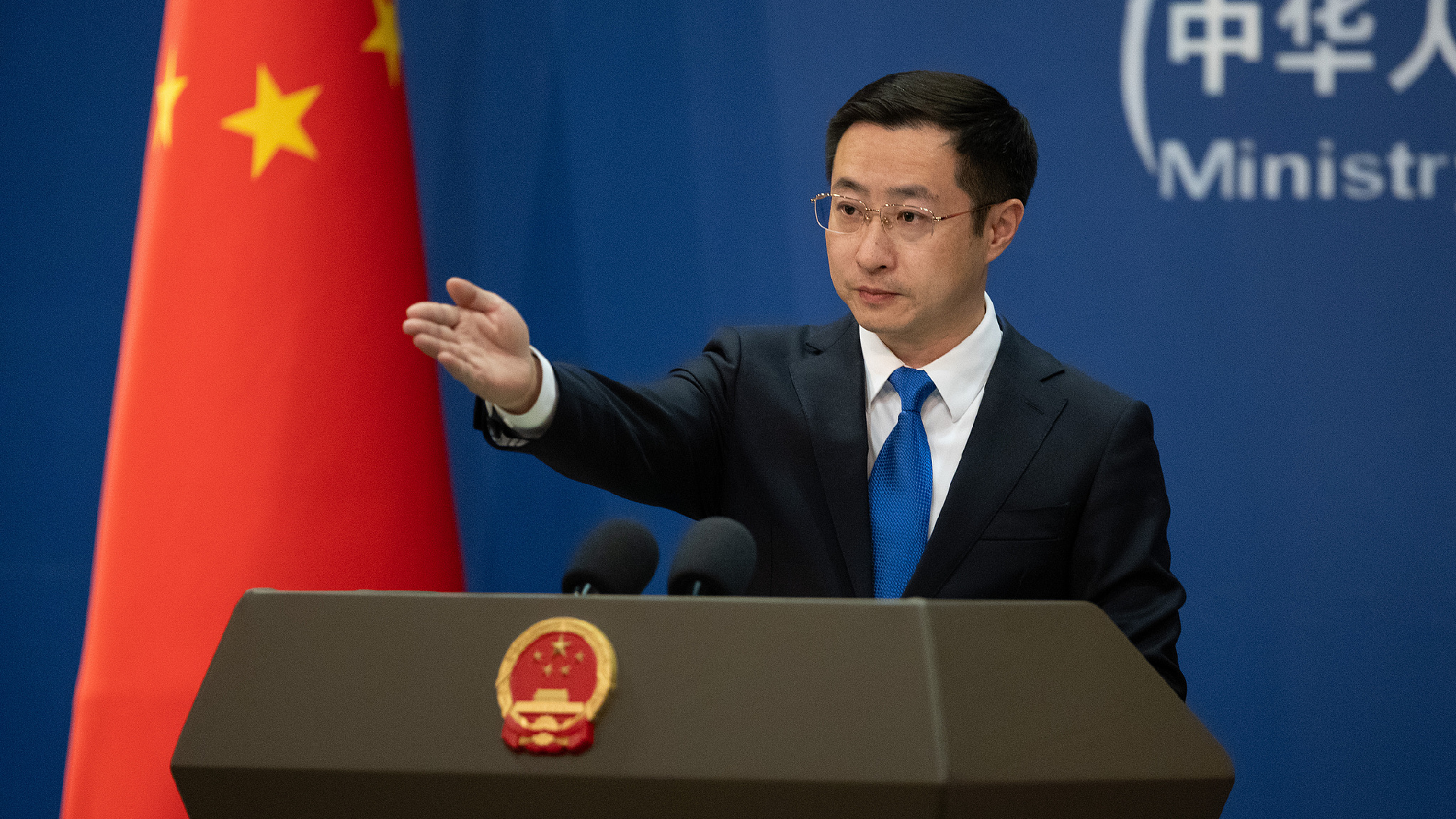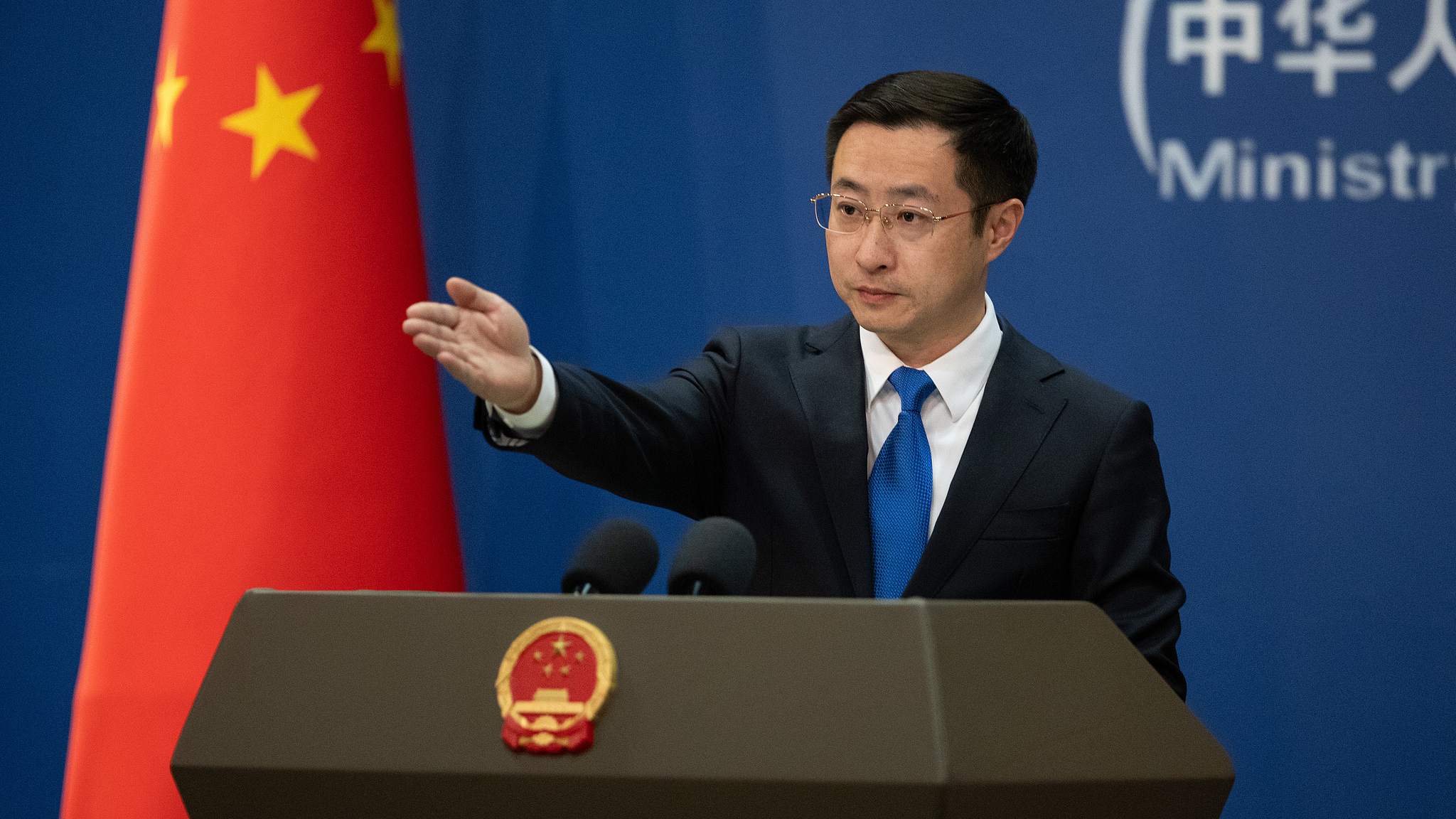China's Export Control Measures Meet International Standards, Says MOFA
China affirms export controls align with global standards, says MOFA


At a regular press conference on Friday, China reaffirmed that its export control measures are consistent with international standards, emphasizing that the policies are neither discriminatory nor aimed at specific countries. This statement was delivered by Foreign Ministry spokesperson Lin Jian, addressing recent debates regarding the distinction between Chinese and U.S. approaches to export regulations.
Lin underscored that China is open to deepening dialogue and cooperation on export controls with relevant countries and regions. The spokesperson highlighted Beijing’s ongoing commitment to maintaining the resilience and stability of global industrial and supply chains, which have come under increased scrutiny amid geopolitical tensions and evolving trade relationships.
Responding to comparisons with Washington’s practices, Lin criticized the United States for what he described as an overextension of the “national security” concept. According to Lin, the U.S. has been deliberately politicizing and leveraging economic, trade, and scientific-technological issues for strategic containment. He expressed China’s firm opposition to what he termed “unwarranted suppression,” asserting that such actions distort the purpose of safeguarding national security and unfairly impede normal international economic exchanges.
The spokesperson concluded by stressing that China will resolutely defend its own legitimate rights and interests in response to external pressures. The remarks signal Beijing’s intent to continue engaging with the international community while pushing back against policies it perceives as unjust restrictions.
China's stance highlights ongoing frictions between major global economies over export controls, with broader implications for technology transfer, trade flows, and international cooperation in sensitive sectors. As tensions persist, calls for greater transparency and coordination in export regulation frameworks are expected to grow.




